Hold onto your grocery carts—Robert F. Kennedy Jr., now serving as HHS Secretary, is shaking up what and how America eats. His “Make America Healthy Again” (MAHA) initiative is calling out everyday villains—think seed oils, artificial dyes, and ultra-processed foods—as contributors to our chronic disease crisis. Whether it’s school lunches or food stamps, he aims to clear the clutter and push for cleaner choices. This slideshow breaks down the seven “poisons” RFK Jr. is targeting—and the science and politics behind the mission.
1. Seed Oils Are ‘Secret Poisons’
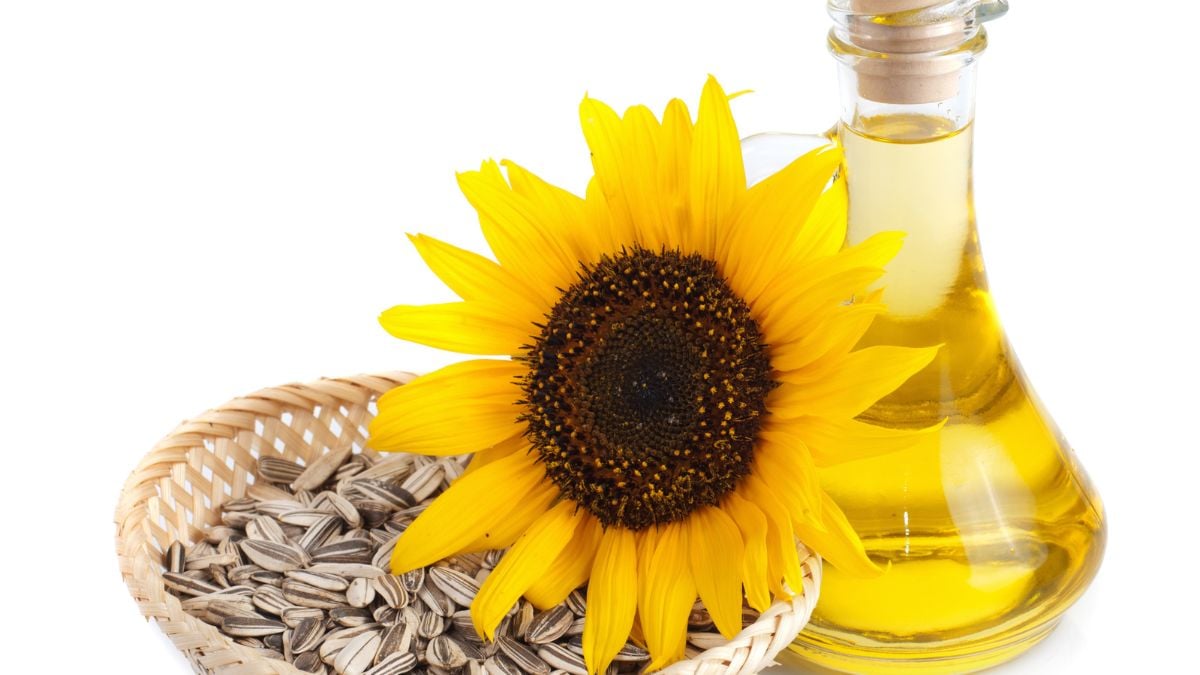
Kennedy isn’t mincing words—canola, soybean, corn, sunflower, and safflower oils are “unknowingly poisoning” Americans. He’s urging a return to cooking fats like beef tallow, even praising Steak ’n Shake for switching out seed oils. Nutritional experts, however, warn that saturated fats like those in tallow could raise heart disease risk more than seed oils.
2. High-Fructose Corn Syrup: The Sweet Epidemic
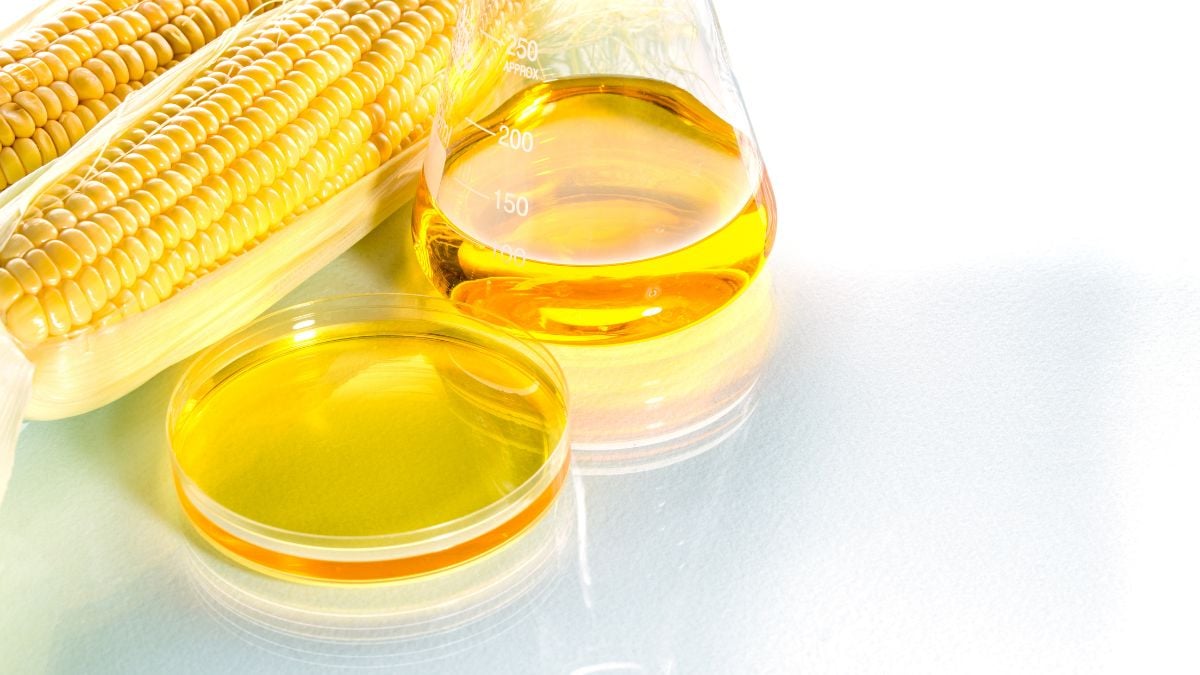
Kennedy wants HFCS—ubiquitous in sodas and snacks—banned from schools and government programs. It’s a low-cost sweetener tied to obesity and diabetes. Corn farmers are anxious: about 8–10% of U.S. corn goes to HFCS, and a fast ban could tank prices.
3. Artificial Dyes: Bright but Toxic
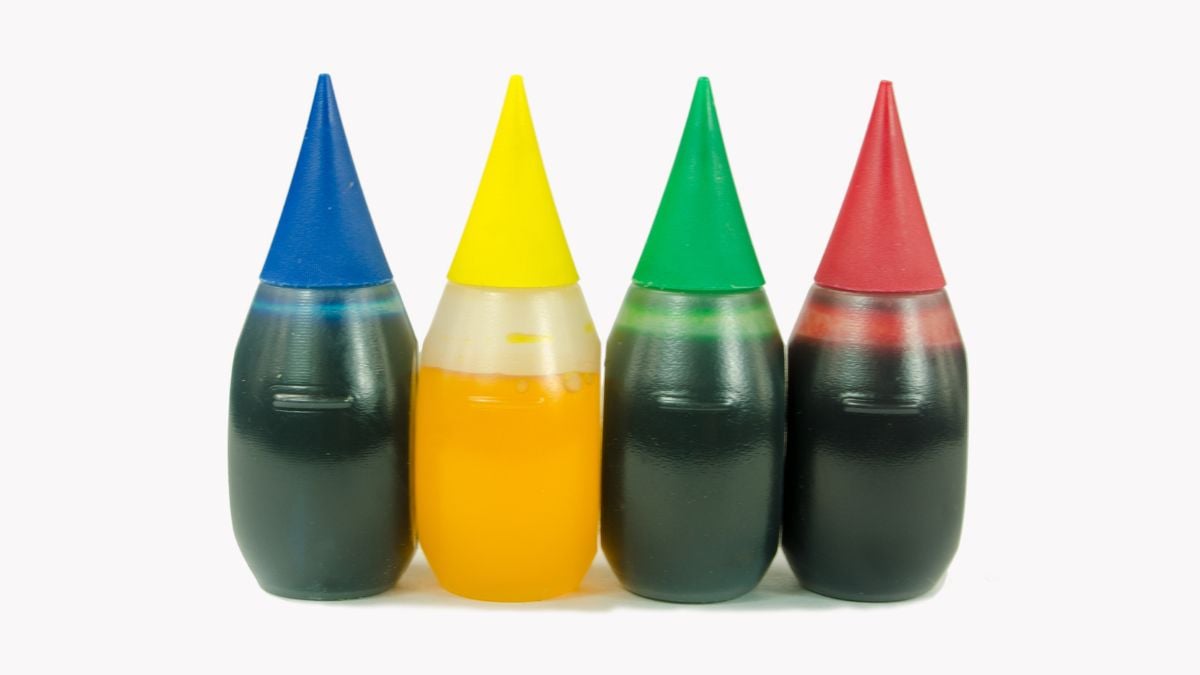
Stuff like Red 3, Red 40, Yellow 5, and Blue 1 color our breakfast cereals and sports drinks—and Kennedy wants them gone. These dyes have been linked to hyperactivity, allergies, and even cancer in animal tests. The FDA has already banned Red 3 and is moving to eliminate more by 2026.
4. Artificial Sweeteners: Not So Sweet After All
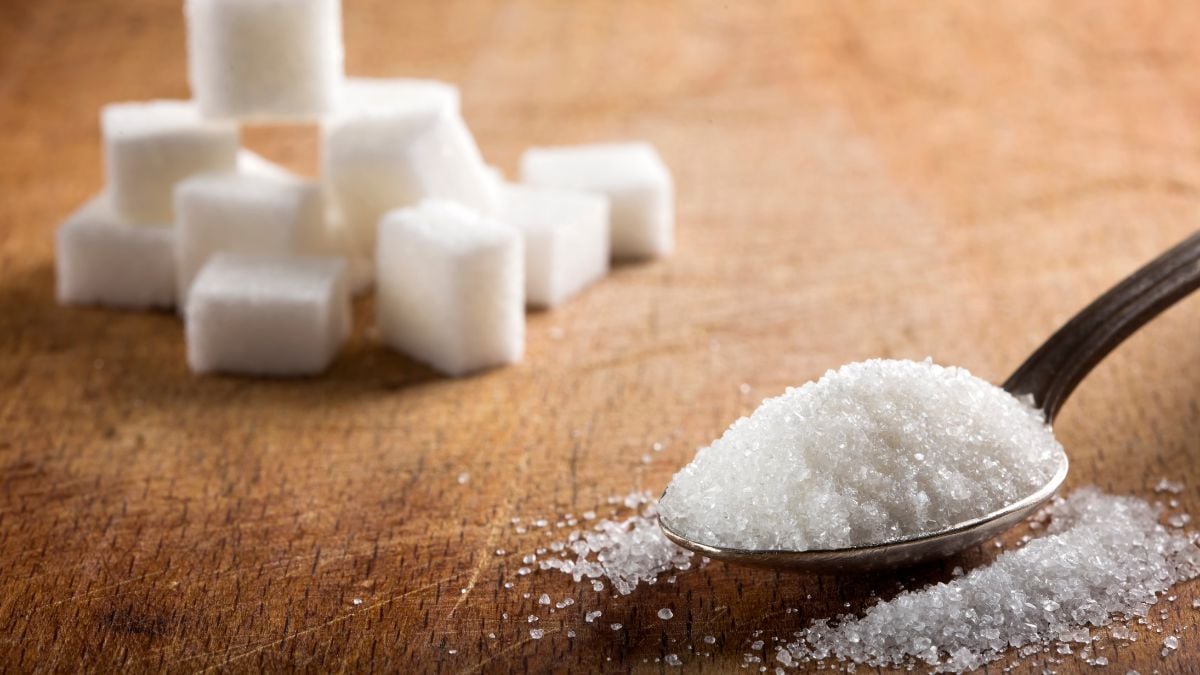
Aspartame, sucralose, and the like infiltrate “diet” versions of sodas, yogurts, and more. Though calorie-free, they can harm your metabolism and gut microbiome. Kennedy’s strategy includes not just cutting them from new products, but supporting detox processes for what’s already inside us.
5. Sugar-Coated “Health” Foods
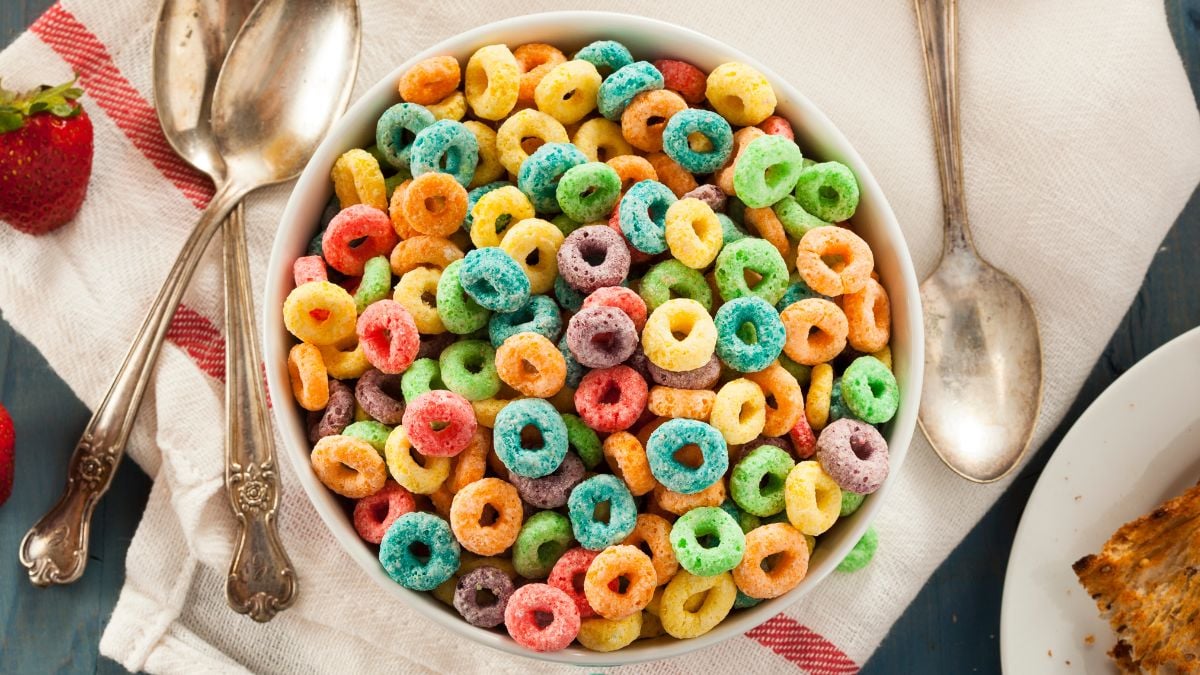
Products like Go-Gurt, Yoplait, Trix cereal, and Fruit Loops are marketed as good-for-you, but often carry more sugar than dessert. Kennedy wants schools and programs to ditch these sugary impostors in favor of genuinely nutritious options.
6. Processed Meat: A Carcinogenic Staple
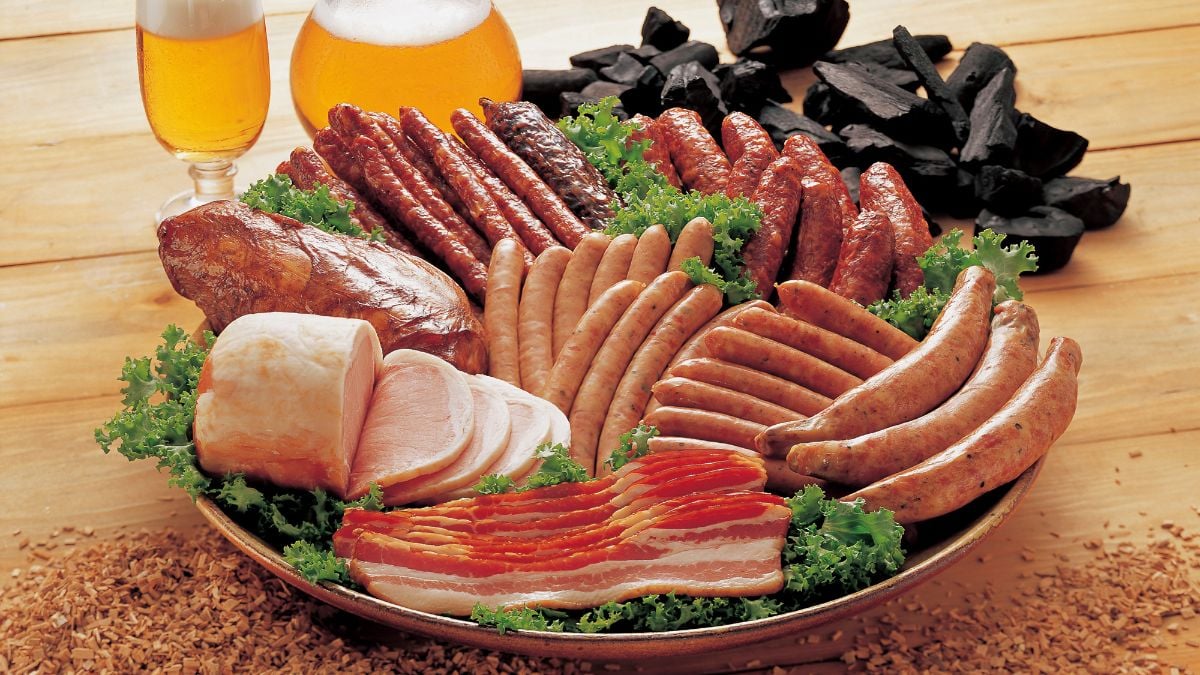
Hot dogs, sausage, bacon, and pepperoni are packed with sodium nitrate, which becomes carcinogenic nitrosamines when cooked. By targeting these offenders, Kennedy hopes to reduce cancer risks tied to ultra-processed meats.
7. Ultra-Processed Foods: Everyday Danger
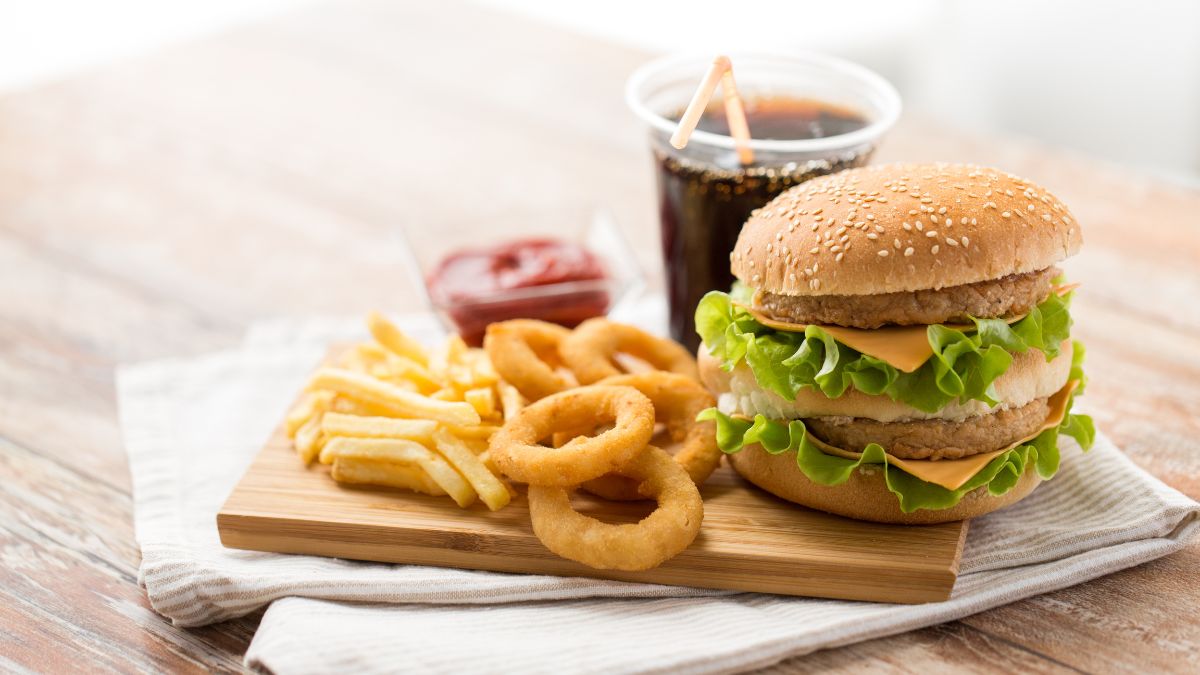
Think frozen pizza, chicken nuggets, chips, and many cereals—almost 73% of the U.S. food supply fits into this category. Kennedy calls them “poison,” linking them to obesity, diabetes, depression, cognitive decline, and early death. Yet, critics point out that federal policy hasn’t yet fully restricted their reach.
8. Food Stamps: No More Subsidizing “Poison”
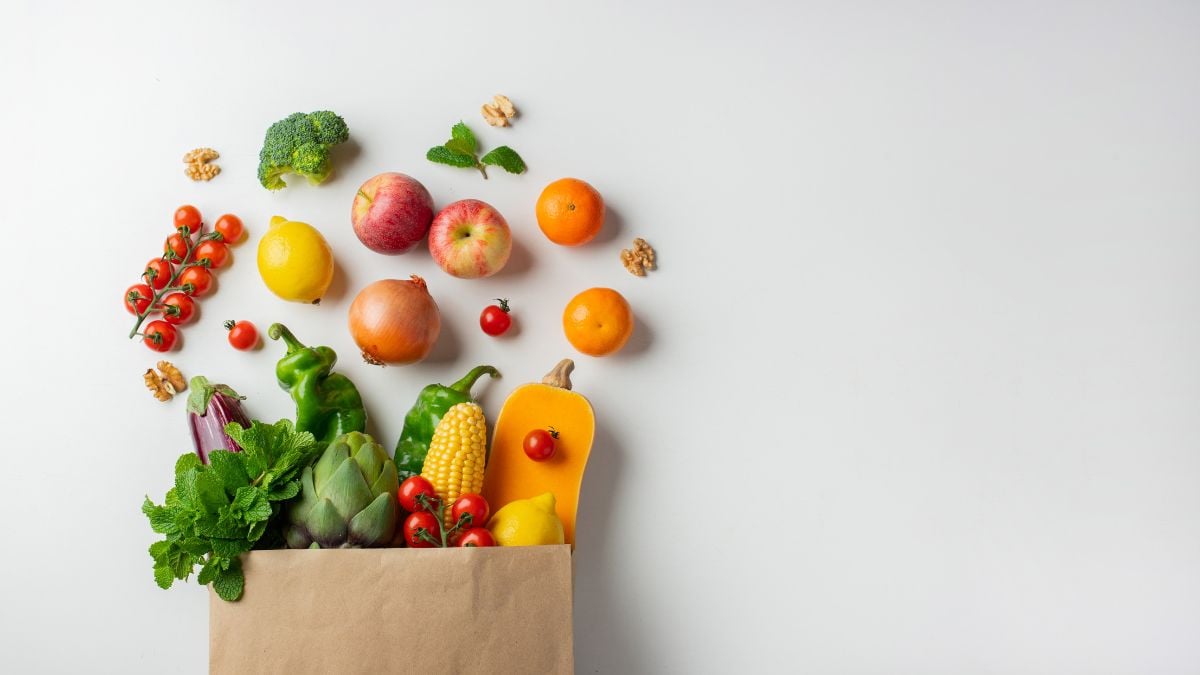
Kennedy and USDA leadership aim to prohibit SNAP benefits from buying sodas, candy, and other junk that fuel the health crisis. Four states have already submitted waivers to restrict unhealthy item purchases—signaling early momentum.
9. MAHA: Health Policy Meets Pop Culture

The “Make America Healthy Again” movement blends popular health rhetoric with political muscle. It focuses on chronic illness, dietary reform, and fighting “corporate food” influence. While its food policy goals earn bipartisan nods, critics say MAHA mixes good intentions with conspiracy‑tinged health claims.
10. Experts Clap Back: Where’s the Evidence?
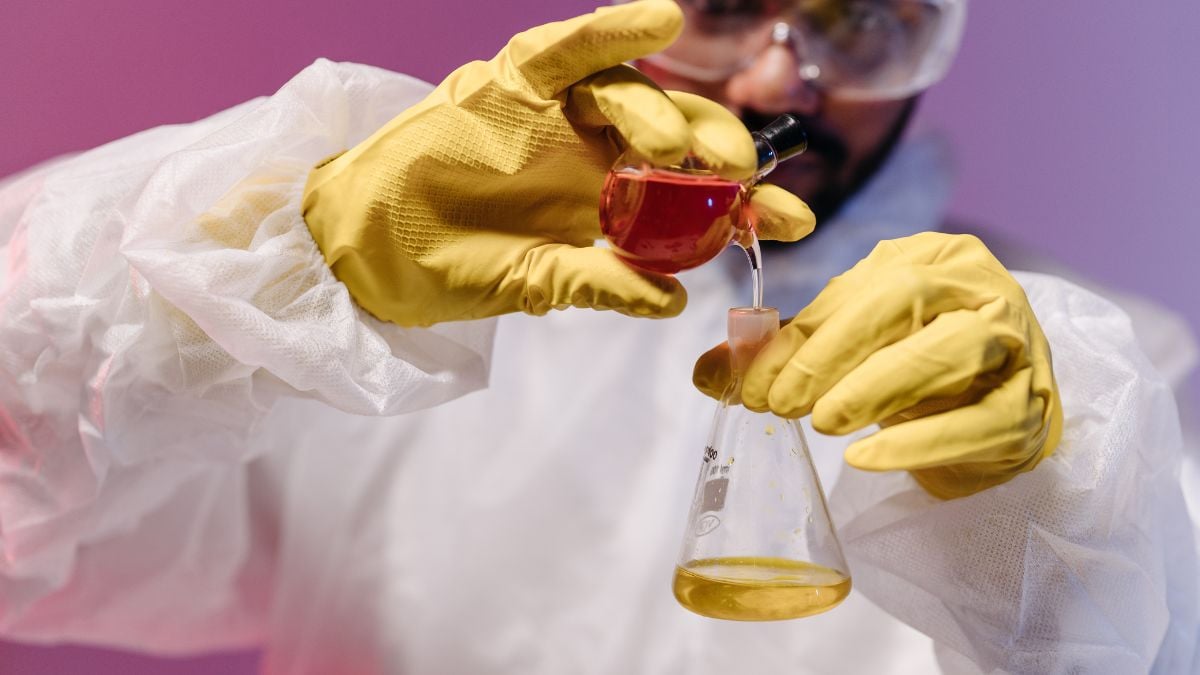
Many nutrition scientists push back, noting decades of research validating seed oils’ safety—especially compared to saturated fats. They warn that some MAHA messaging is driven more by sensational claims than strong science.
Final Thoughts
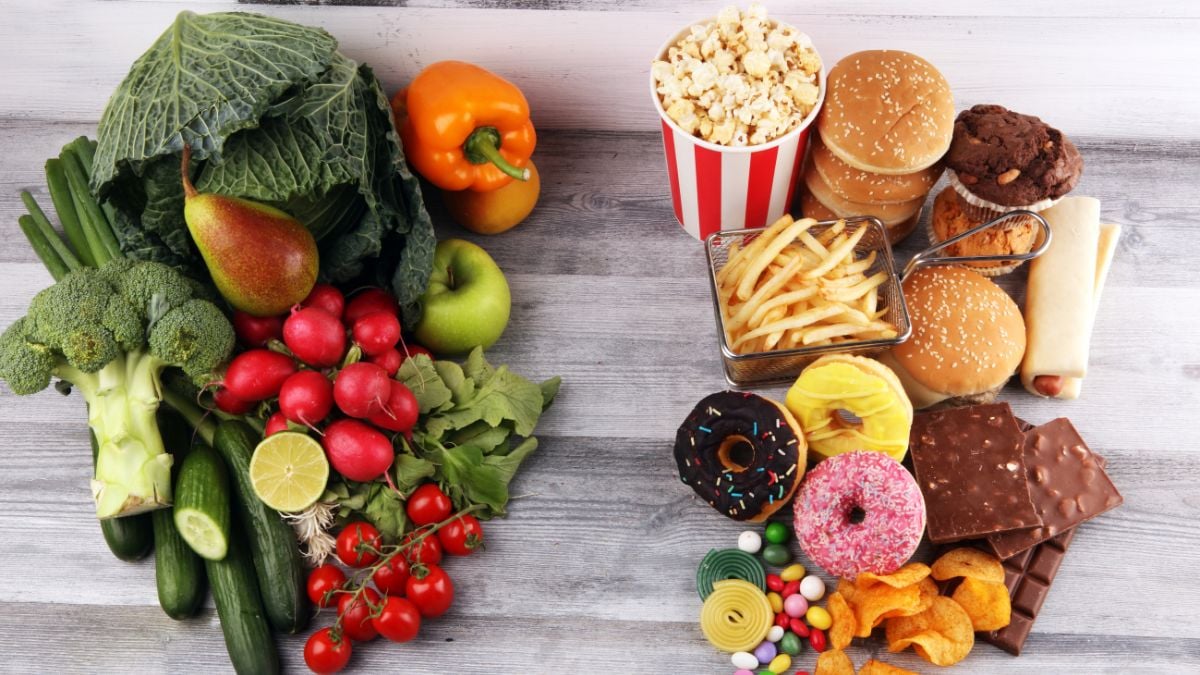
Kennedy’s crackdown on everyday ingredients has ignited a national conversation—and policymakers are watching. Whether you see MAHA as visionary or divisive, the one thing everyone agrees on: America’s food system is in the spotlight like never before.

